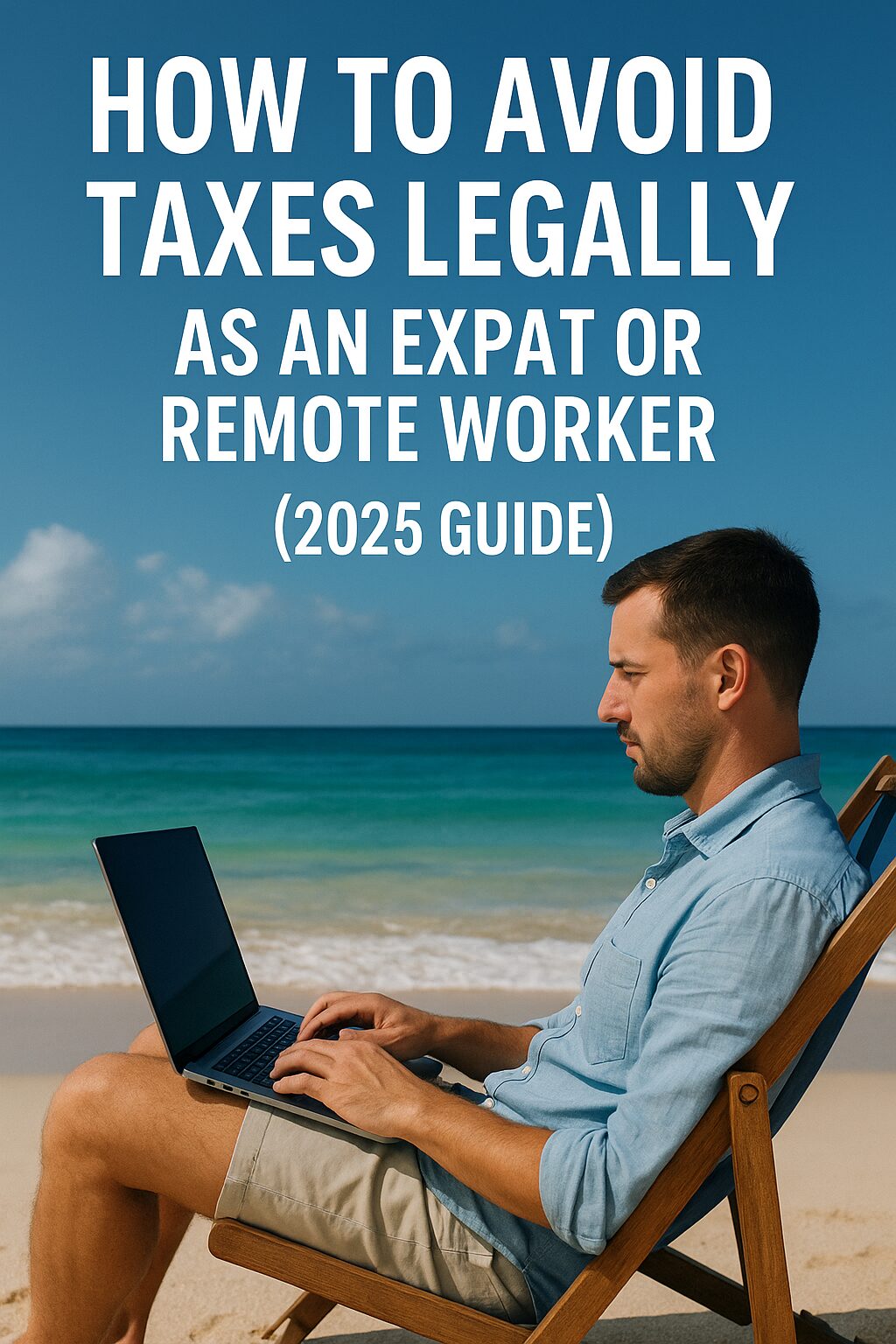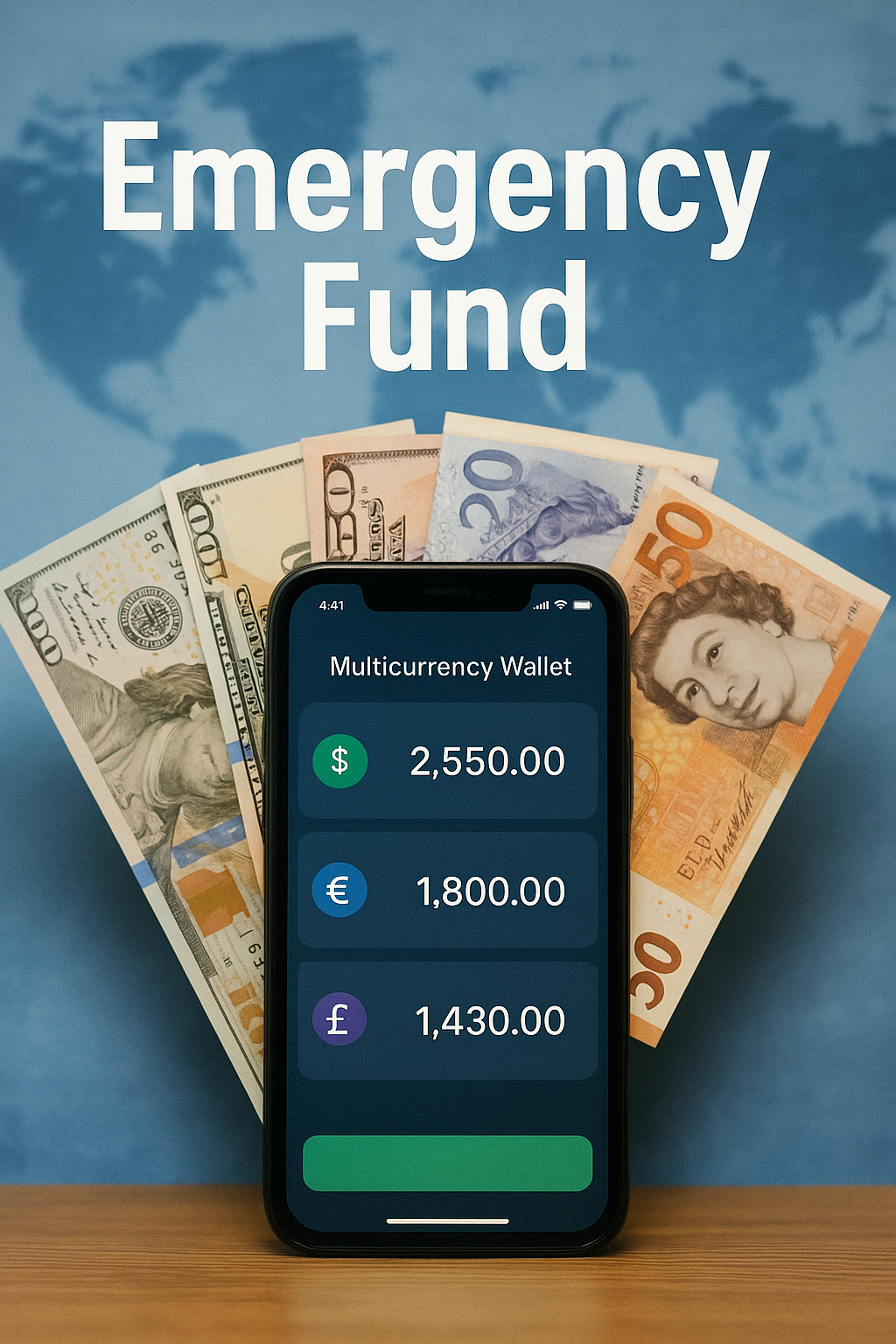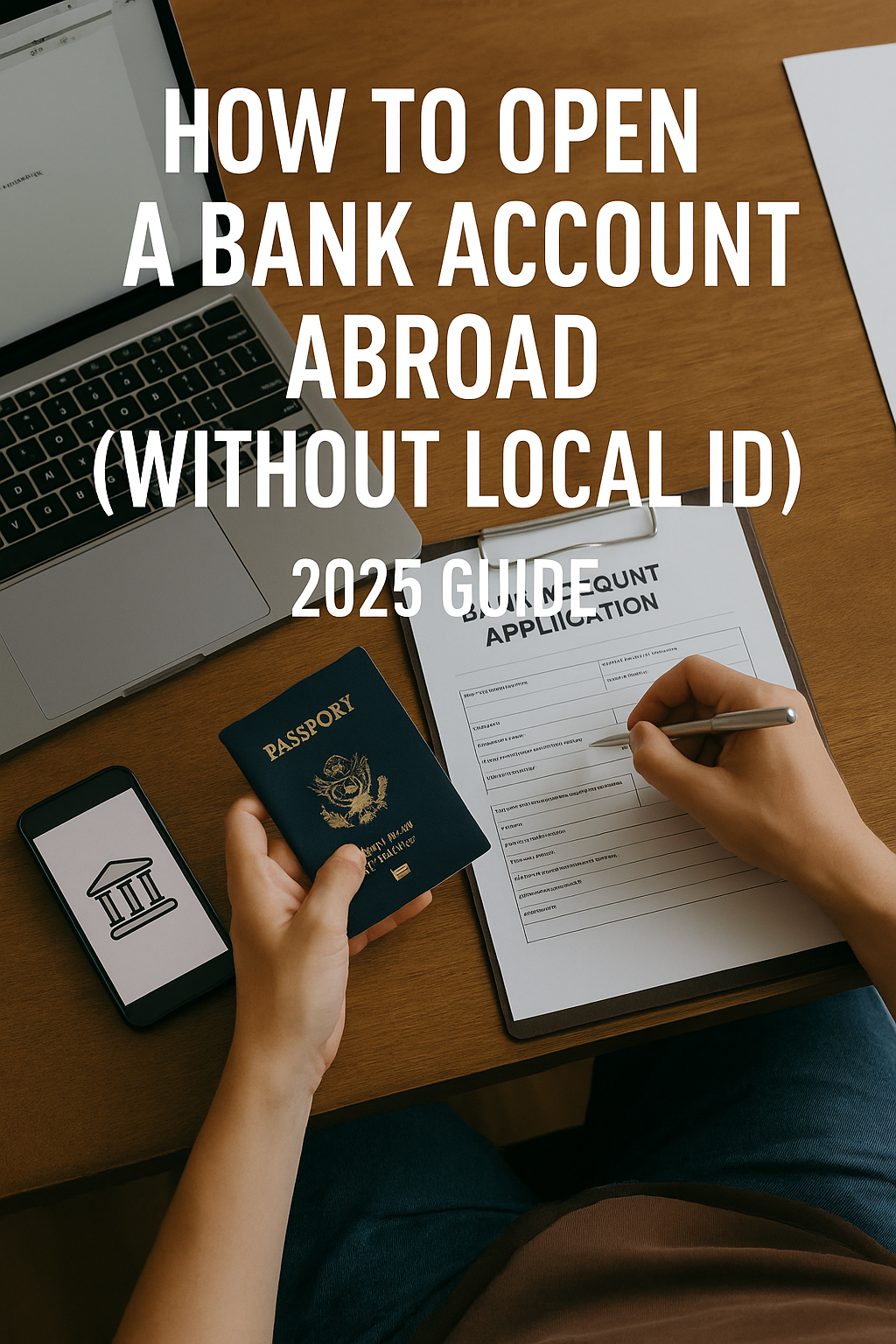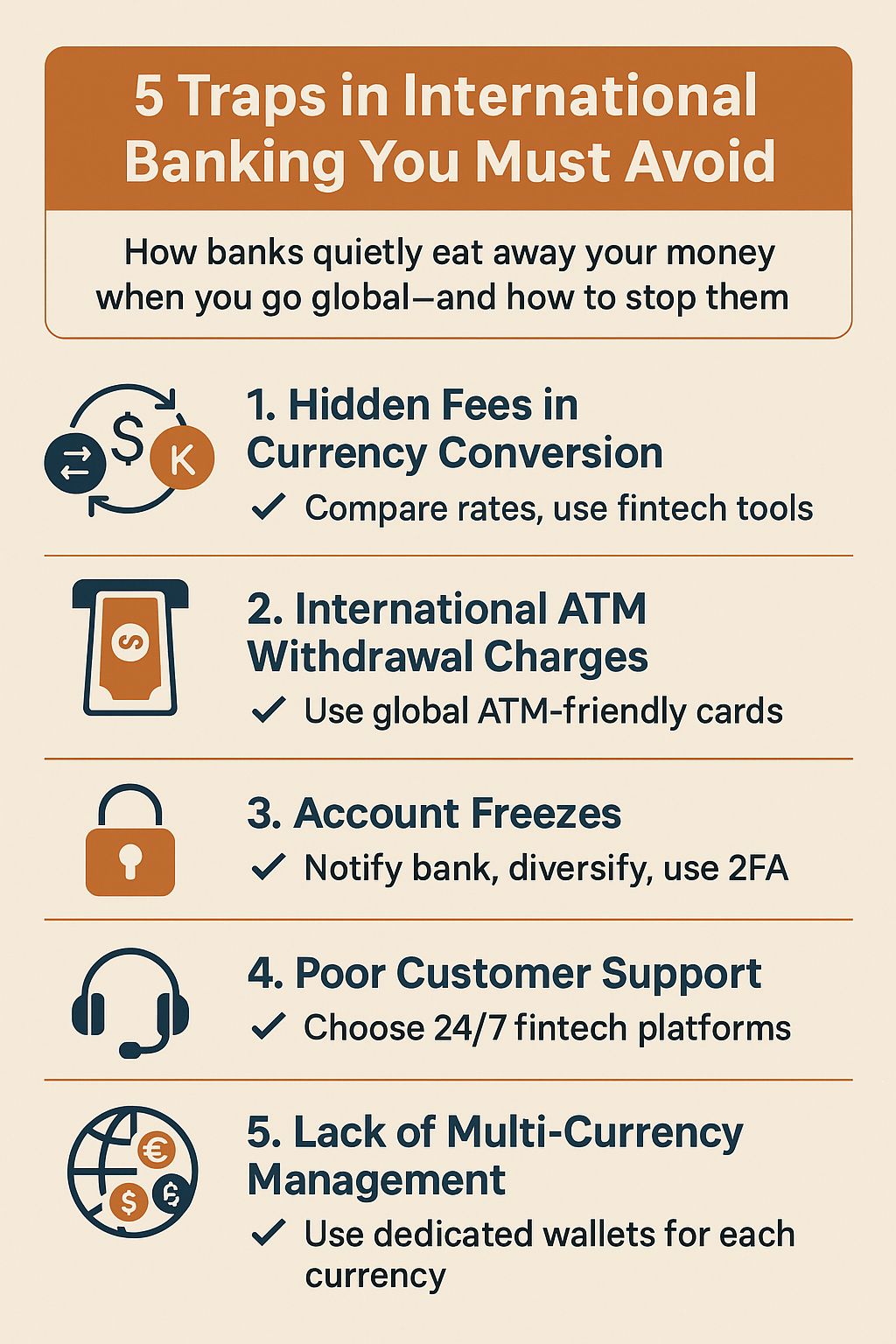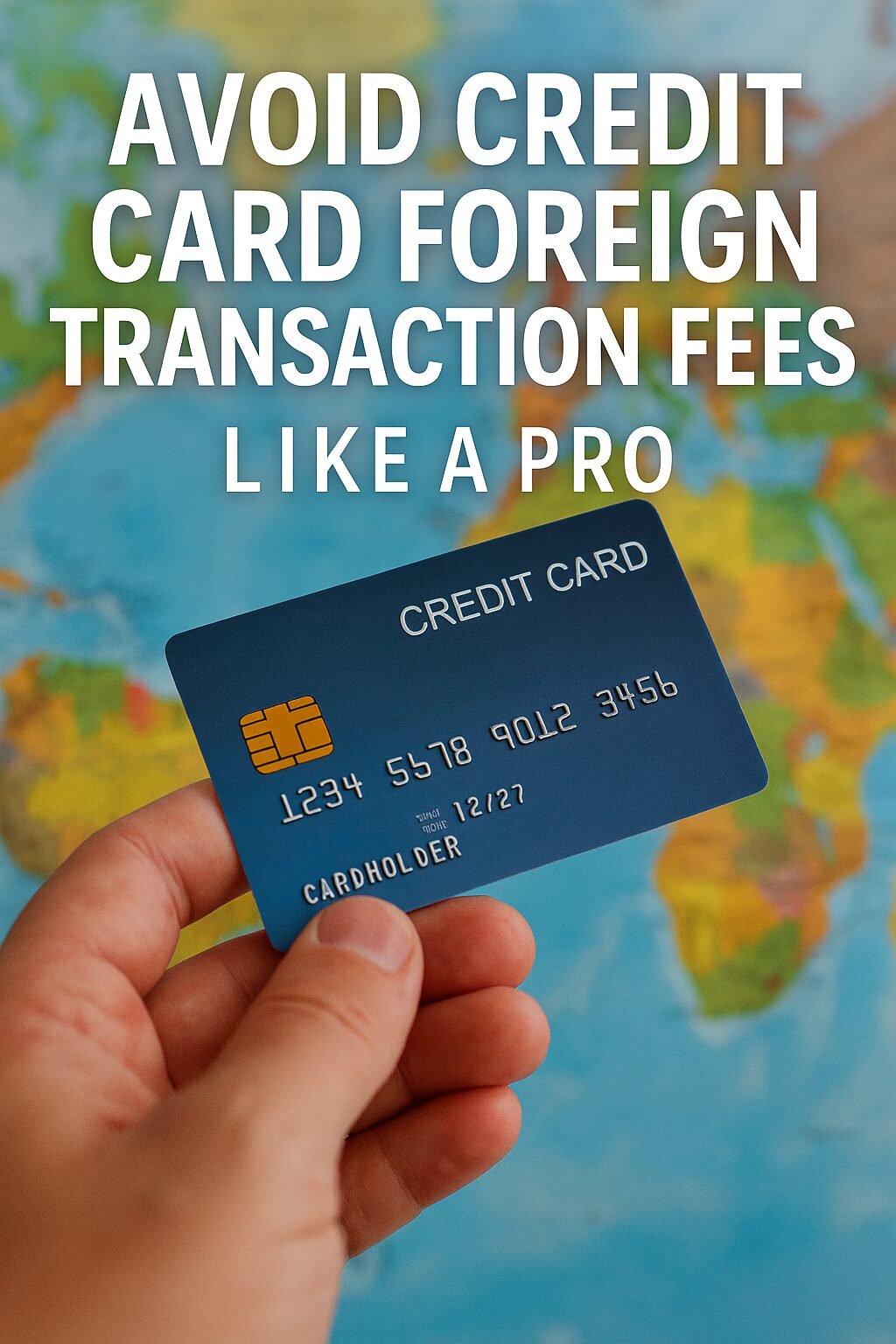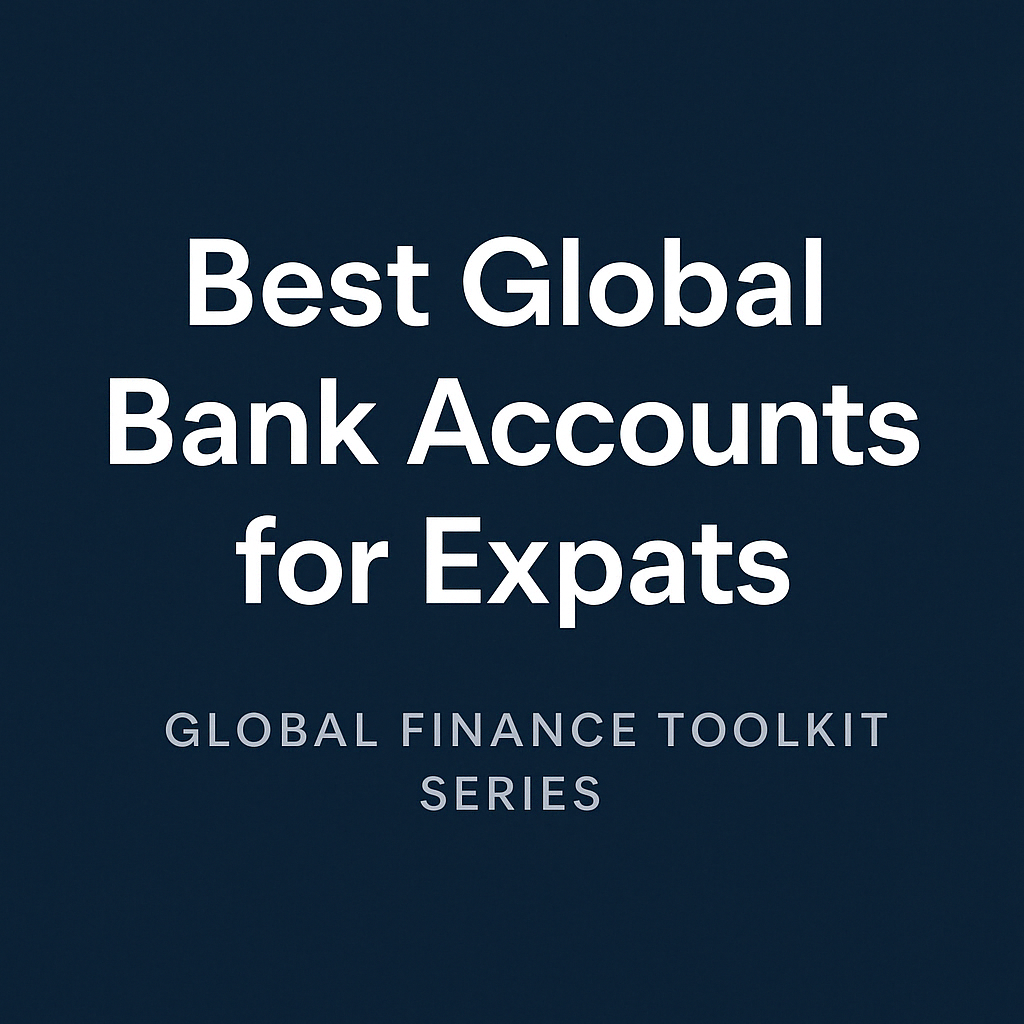Why Global Dividend ETFs Matter
For expats, digital nomads, and anyone earning across borders, monthly income stability is a game-changer. Global dividend ETFs (Exchange-Traded Funds) offer a way to generate consistent, diversified, and often tax-efficient cash flow without managing dozens of individual stocks. If you’re looking for hands-off investing that pays you every month, even while living abroad, this strategy is one of the most scalable paths to financial independence.
Whether you’re in Southeast Asia, Western Europe, or Latin America, having monthly dividend income in globally recognized ETFs means you’re no longer tied to local economies. These ETFs combine the best of both worlds: exposure to stable international companies and predictable income streams in major currencies like USD, EUR, or CAD.
What Are Global Dividend ETFs?
Global dividend ETFs invest in companies worldwide that regularly pay dividends. Unlike U.S.-focused dividend ETFs, these funds spread risk across multiple regions and currencies. This matters for expats and global investors, who face unique challenges such as currency volatility, tax withholding rules, and market accessibility.
Many of these ETFs are designed to pay monthly, which can smooth out income volatility compared to quarterly distributions. If your financial life revolves around budgeting expenses in local currencies, receiving consistent income helps you avoid selling assets during market downturns.
These ETFs typically hold a basket of large, dividend-paying stocks from countries like Japan, Germany, the UK, Australia, and Canada. Some may also include REITs or preferred shares to boost yield.
Criteria for Selecting the Best Global Monthly Dividend ETFs
To build a reliable global income stream, here are the most important factors to consider:
- Monthly Payout Frequency: Not all dividend ETFs pay monthly. Consistency matters for cash flow planning.
- Dividend Yield vs. Sustainability: A high yield isn’t always better—look for funds with consistent or growing payouts.
- Geographic Diversification: The best ETFs include exposure to multiple regions to hedge against economic downturns.
- Withholding Tax Impact: Certain countries deduct taxes on dividends, which can reduce net income. U.S. investors living abroad may be eligible for tax treaties.
- Fund Size and Liquidity: Choose ETFs with high assets under management and daily trading volume to ensure ease of buying/selling.
Top Global Dividend ETFs with Monthly Income
Here are the best-performing and most accessible ETFs that pay dividends monthly, suitable for investors around the world.
1. Global X SuperDividend ETF (SDIV)
- Dividend Yield: ~11%
- Regions: Global (U.S., China, Australia, Brazil, etc.)
- Why It’s Great: Offers extremely high yield and broad exposure to high-dividend stocks.
- Risks: Higher volatility, includes some distressed assets.
2. iShares International Select Dividend ETF (IDV)
- Dividend Yield: ~6–7%
- Regions: Primarily Europe and Asia-Pacific
- Why It’s Great: Well-diversified and backed by iShares; suitable for U.S. and non-U.S. investors.
- Risks: Not all holdings have consistent dividend histories.
3. SPDR S&P International Dividend ETF (DWX)
- Dividend Yield: ~5%
- Regions: Over 20 developed and emerging markets
- Why It’s Great: Focuses on sustainable international dividends with a conservative profile.
- Risks: Currency exposure and occasional dividend cuts.
4. JPMorgan Equity Premium Income ETF (JEPI)
- Dividend Yield: ~8–10%
- Regions: Primarily U.S., but uses options to boost income
- Why It’s Great: While not fully global, its covered call strategy adds reliable yield.
- Risks: Less capital appreciation; more income-focused.
5. BMO Covered Call International High Dividend ETF (ZWP.TO)
- Dividend Yield: ~7%
- Region: Global (non-U.S.)
- Why It’s Great: Ideal for Canadian investors seeking global income.
- Risks: Listed on TSX, limited access for U.S. investors without FX exposure.
How to Access These ETFs from Abroad
Even if you’re not based in the U.S., you can often access these ETFs through international brokers:
- Interactive Brokers: Offers access to U.S., European, and Asian ETF markets with reasonable fees.
- Saxo Bank: Ideal for Europe-based expats and residents.
- TD Ameritrade / Schwab: May require proof of U.S. ties (for U.S. citizens abroad).
Tip: Always check if your country has tax treaties with the U.S. or Canada to reduce withholding tax on dividends.
Risks and Pitfalls of Global Dividend ETF Investing
Before jumping in, be aware of these common pitfalls:
- Currency Risk: Dividends paid in foreign currencies may fluctuate when converted.
- Dividend Cuts: Global economic shocks (like COVID-19) may lead to dividend suspensions.
- Liquidity Issues: Some ETFs, especially those on foreign exchanges, have low trading volume.
- Double Taxation: If your brokerage doesn’t reclaim foreign taxes, your yield might be lower than expected.
Final Thoughts: Monthly Income Without Borders
For expats, nomads, and global income seekers, monthly dividend ETFs provide a frictionless way to generate stable income while living across borders. With the right selection, you can diversify your cash flow, reduce your tax burden, and enjoy the freedom of financial flexibility.
Global dividend ETFs are not just a tool for retirees—they’re a building block for anyone seeking consistent, borderless income. Whether you’re starting with $1,000 or managing a 7-figure portfolio, these ETFs can anchor your passive income strategy and give you peace of mind wherever you live.
→ Learn how to combine dividend growth, tax efficiency, and reinvestment for unstoppable global cash flow.



